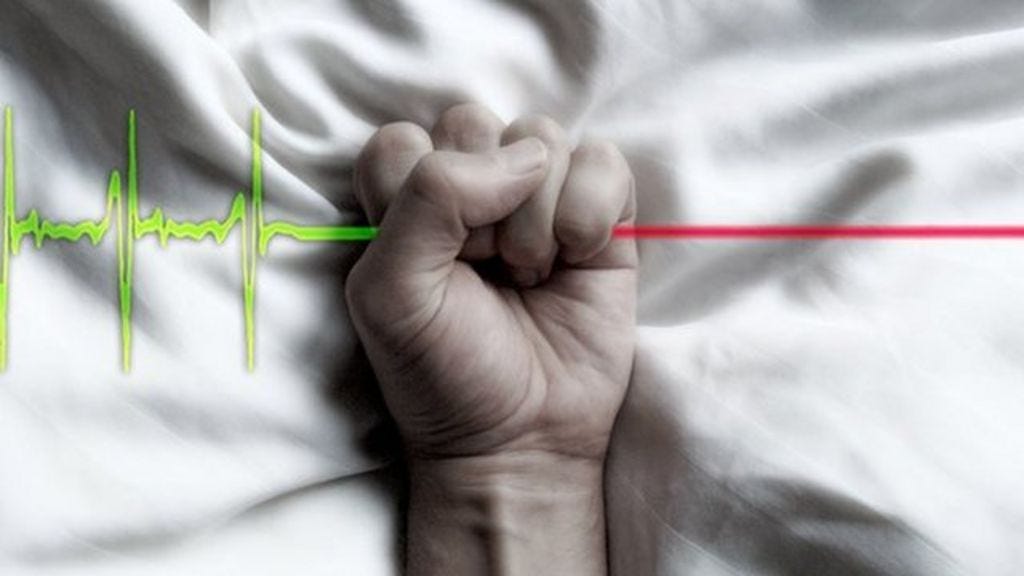Like many people who are not specifically educated in political science, I looked at politics as something adjacent to my lifestyle when I was growing up. It was only when I explicitly separated my politics from my sense of self that I was more prepared to make provocative statements. For about six years in my late 20s and early 30s, basically before I …
Keep reading with a 7-day free trial
Subscribe to Stoic Observations to keep reading this post and get 7 days of free access to the full post archives.





